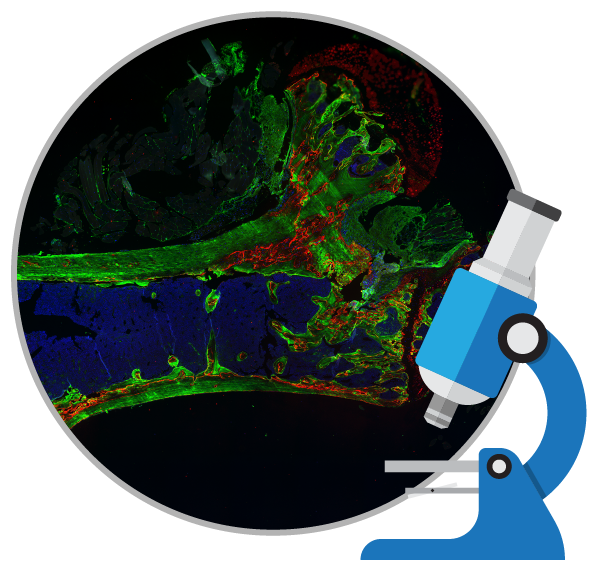Blood stem cell transplants from bone marrow or cord blood have been used successfully around the world for many years to treat patients with a variety of life-threatening disorders, both inherited, or acquired later in life including different types of leukaemia, lymphoma, anaemia, thalassemia and certain immunodeficiencies and autoimmune disorders. These treatments are also known as ‘haematopoietic stem cell transplants’ (HSCs) or ‘bone marrow transplants.’
HSCs are either collected from circulating blood once coaxed from the bone marrow using growth factors, from cord blood, or, less commonly, directly from the bone marrow itself. Transplantation of these HSCs can restore blood and immune system function in patients after their own bone marrow stem cells have been suppressed or destroyed because of underlying bone marrow disease, chemotherapy, radiotherapy or a combination of these mechanisms.
Whether the stem cells are obtained from the patient themselves (autologous) or from a donor (allogeneic), will depend on the condition being treated. Following high-dose chemotherapy and radiotherapy, HSCs can ‘restore’ the function of the bone marrow. Allogeneic transplantation will result in a new donor immune system being established, restoring immune function and potentially mediating an immune effect on the underlying disease. The transplant usually occurs in an accredited bone marrow and stem cell transplantation clinic with care overseen by a haematologist, a medical specialist with expertise in blood stem cells and the diseases that affect that system.

